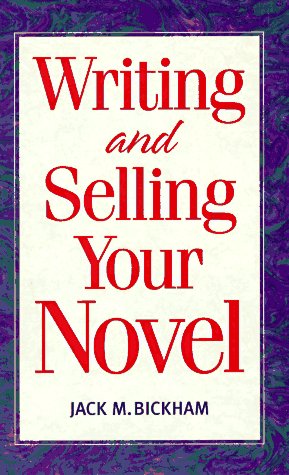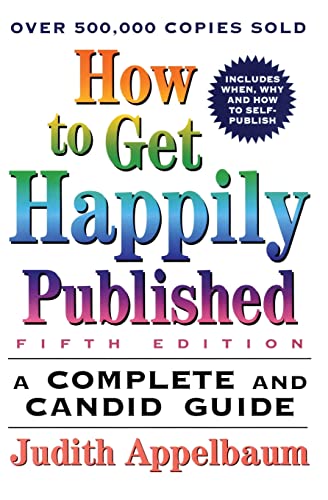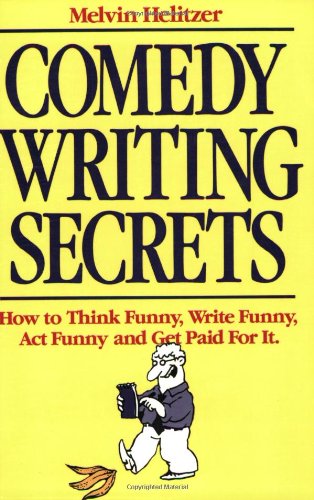Books on Writing I Paid Good Money For
Discover the best books on writing worth every penny! Explore top-rated books I invested in to improve my craft, from storytelling to grammar. Must-reads for aspiring writers.



Book
The First Five Pages
by Noah Lukeman
Using examples from actual manuscripts and query letters he's received, a publishing professional illuminates principles that can be applied to virtually any type of writing--fiction, nonfiction, journalism, and even poetry.

Book
The 38 Most Common Fiction Writing Mistakes
by Jack Bickham
The 38 Most Common Fiction Writing Mistakes When you write fiction, you march onto a minefield. This book gives you a map. Oh, what tricky terrain you're traveling! You must reckon with: Character, Conflict, Point of View, Dialogue, Editors, Editors, and Editors, who--by returning stories they see as problem-plagued--can burst your hopes of publication. Where are the problems? Editors rarely take the time to map them out, so Jack Bickham has. In this book, he spotlights the 38 most common fiction writing land mines--writing mistakes that can turn even dynamite story ideas into slush pile rejects. And he guides you in overcoming them. In to-the-point style, he shows you how to: conquer procrastination--and put ink on paper regularly dump wimpy characters--and build characters ready to act look for trouble--and create conflicts for your characters cut coincidence--and put better-than-life logic into fiction escape the fog--and find and stick to your story's direction free feelings--and fire your fiction with passion and emotion In short, Bickham helps you take a giant step toward publication. Read this book. Strengthen your writing. And start setting off explosions where they belong: on the sales charts.


Book
Elements of Fiction Writing - Characters & Viewpoint
by Orson Scott Card
Vivid and memorable characters aren't born: they have to be made. &break;&break;This book is a set of tools: literary crowbars, chisels, mallets, pliers and tongs. Use them to pry, chip, yank and sift good characters out of the place where they live in your memory, your imagination and your soul. &break;&break;Award-winning author Orson Scott Card explains in depth the techniques of inventing, developing and presenting characters, plus handling viewpoint in novels and short stories. With specific examples, he spells out your narrative options–the choices you'll make in creating fictional people so "real" that readers will feel they know them like members of their own families. &break;&break;You'll learn how to: &break; draw the characters from a variety of sources, including a story's basic idea, real life–even a character's social circumstances&break; make characters show who they are by the things they do and say, and by their individual "style"&break; develop characters readers will love–or love to hate&break; distinguish among major characters, minor characters and walk-ons, and develop each one appropriately&break; choose the most effective viewpoint to reveal the characters and move the storytelling&break; decide how deeply you should explore your characters' thoughts, emotions and attitudes

Book
The Writer’s Digest Sourcebook for Building Believable Characters
by Marc McCutcheon
Six novelists reveal their approaches to characterization in this guide, which comes with a questionnaire to help writers probe their characters' backgrounds, beliefs, and desires and a "thesaurus" of physical and psychological traits to aid in character development.

Book
Writing Dialogue
by Tom Chiarella
Whether you're writing an argument, a love scene, a powwow among sixth graders or scientists in a lab, this book demonstrates how to write dialogue that sounds authentic and original. &break;&break;You'll learn ways to find ideas for literary discussions by tuning in to what you hear every day. You'll learn to use gestures instead of speech, to insert silences that are as effective as outbursts, to add shifts in tone, and other strategies for making conversations more compelling. Nuts and bolts are covered, too - formatting, punctuation, dialogue tags - everything you need to get your characters talking.

Book
The Writer's Journey
by Christopher Vogler
Shows how writers can use mythic structure to give coherence and weight to both narrative fiction and nonfiction.
